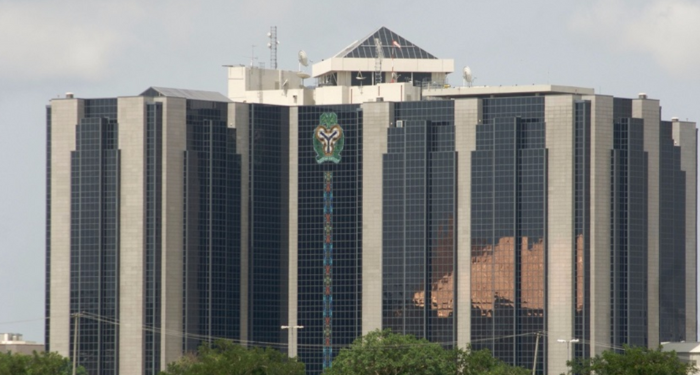Financial experts have called for a pause on interest rate hikes to stabilize Nigeria’s struggling economy.
The call comes ahead of the meeting of the Central Bank of Nigeria (CBN) Monetary Policy Committee (MPC) scheduled to be held on Monday and Tuesday to review key monetary policies, including the interest rate, which has been the subject of much debate.
Speaking with the News Agency of Nigeria (NAN) on Saturday, a financial economist and Director at the Institute of Capital Market Studies, Nasarawa State University Keffi, Professor Uche Uwaleke, urged the MPC to refrain from increasing interest rates, citing the need to stabilize the economy.
Uwaleke emphasized that the recent moderation in inflation, recorded in July and August, provides a compelling case for halting further rate hikes.
A cue from other climes
Uwaleke also pointed out that major global central banks like the U.S. Federal Reserve have begun pausing or cutting rates, with institutions like the Bank of England and the European Central Bank expected to follow suit.
He encouraged the MPC to consider alternative, unorthodox measures to control money supply rather than relying solely on the Monetary Policy Rate (MPR).
“Given that headline inflation has moderated in recent months, my advice to the MPC is to completely pause rate hikes.
“The adverse impact of high interest rates on economic growth and employment is becoming evident, especially in an economy grappling with stagflation,” he said.
Echoing Uwaleke’s sentiments, Professor Anthony Kila, a political economist and public affairs analyst, stressed that the MPC’s decisions must be more directly impactful on the everyday lives of Nigerian citizens.
- Kila, who is also a professor of Strategy and Development at the Commonwealth Institute of Advanced and Professional Studies, argued that the MPC’s current framework doesn’t resonate with the realities faced by most Nigerians.
- According to him, in advanced economies, the outcomes of MPC meetings are eagerly anticipated because interest rates significantly impact various sectors of the economy.
- He, however, noted that in Nigeria, a larger part of the economy is neither captured by nor affected by interest rate decisions.
- He added that the foreign exchange rate, rather than the interest rate, has a far more direct impact on the lives of most Nigerians. Additionally, he critiqued the inflation indices used by the MPC, arguing that they fail to reflect the real inflationary pressures felt by citizens.
“For the MPC to truly matter, the CBN must review its approach to measuring inflation and economic growth to better reflect Nigerians’ realities,” Kila said.
He further advocated for policies that enhance consumer finance and enable fiscal policies to take a more central role in economic management.
Backstory
In recent months, the CBN’s MPC has maintained a tightening stance on monetary policy, raising the MPR to combat rising inflation.
- In July, the MPC raised interest rate by 50 basis points from 26.25% to 26.75%. The Committee also pegged the Cash Reserve Ratio (CRR) for Deposit Money Banks at 45%, while that of merchant banks was put at 14%. The liquidity ratio was pegged at 30%.
- The apex bank also adjusted the asymmetric corridor around the MPR from +100 to –300 basis points around the MPR to +500 and –100 basis points around the MPR.
- Speaking on the reason for the 50-basis point hike, Mr. Yemi Cardoso, Chairman of the Monetary Policy Committee (MPC), noted recent events in the economy, such as inflation and the need to stabilize the foreign exchange market, as a rationale for the increase.
- Meanwhile, data released by the National Bureau of Statistics (NBS) revealed that Nigeria’s headline inflation rate eased to 32.15% in August 2024 down from the 33.40% recorded in July 2024, reflecting a decrease of 1.25 percentage points.
- That marked the second consecutive monthly slowdown in inflation after easing in the previous month.













